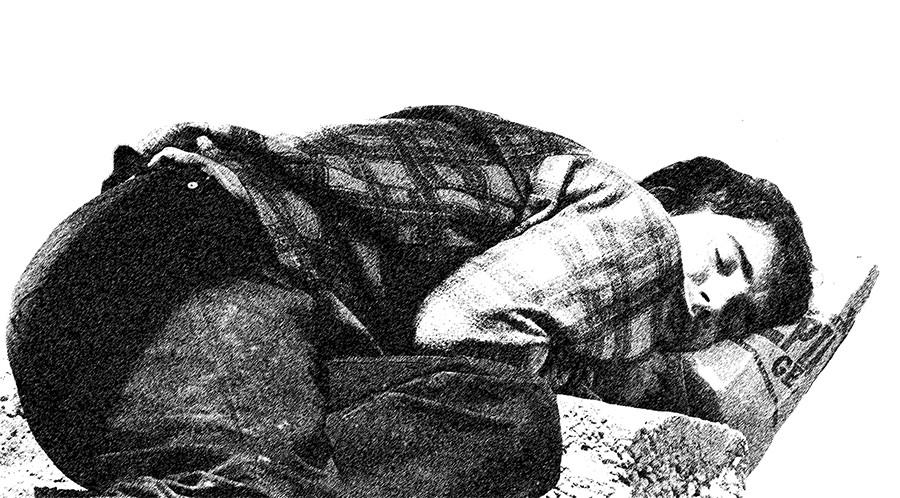Naps may be harmful
October 23, 2015
Many high school students nap regularly, much like toddlers. According to a recent Fielder survey of 110 students, 43% nap more than three times a week.
“I think naps are helpful because they allow you to rest and take a break so you have energy to do whatever else you had to do that day,” Onnie Jones, senior, said.
There have been hundreds of experiments and years of research based on the positive and negative effects of napping. According to the Sleep Foundation, napping 45 minutes or less can work wonders and benefit the human brain and body in numerous ways.
“I think napping is helpful; School drains so much because of homework that the naps I take help out with the next day,” Andrew Nadres, freshman, said.
Short daytime naps can help improve performance and learning. According to the Sleep Foundation, a 2008 study indicates that naps can improve memory function and lower blood pressure.
Napping for as short as even 10 minutes can improve wakefulness. However, according to the Sleep Foundation, a study has also shown that naps are associated with increased risk of heart failure.
Naps lasting more than an hour have been found to actually be dangerous. Long naps can cause sleep inertia, which is a state of grogginess that can interfere with the ability to carry out mental and physical tasks. Sleep inertia is common for people who have just awoken from a long nap.
“I think naps are harmful since you wake up even worse, and more tired,” Jesrael Leiva, senior, said.
Experts at Cambridge tracked more than 16,000 people over a course of 13 years, investigating effects of diet and lifestyle, including sleeping habits.
After matching mortality rates with sleeping habits, they found that the risk of death increased by about 14% for people who napped less than an hour a day. For people who took naps that lasted more than an hour, the risk increased by 32%.
Chances of dying from a respiratory illness doubles if naps last more than an hour, and other studies say that napping for a long time might be an early sign of system dysregulation or future health problems. The sources at Cambridge also write about a study in China which discovered that napping more than 30 minutes can also raise chances of developing type 2 diabetes.
“I think naps should only last 15 minutes, maximum, otherwise it would screw up your sleep schedule for the night,” Ruth Brick, school nurse, said.
There are still many studies on the effects of napping, because it plays a big role in how the human body and brain function. Although many look at napping as a good concept to help boost energy and performance, napping is not just a nap; it affects everything about the body, and there is much more to it than most people think.



